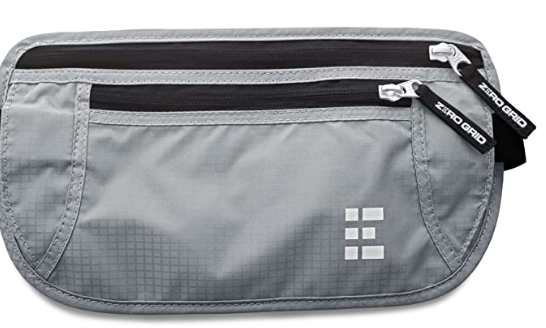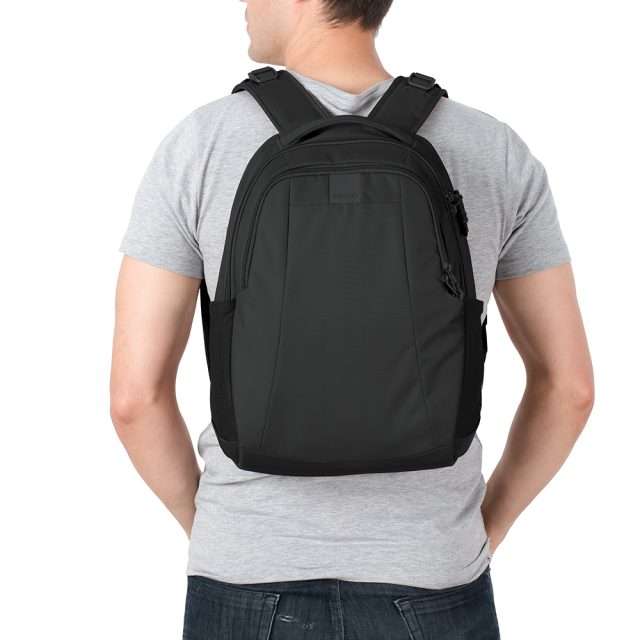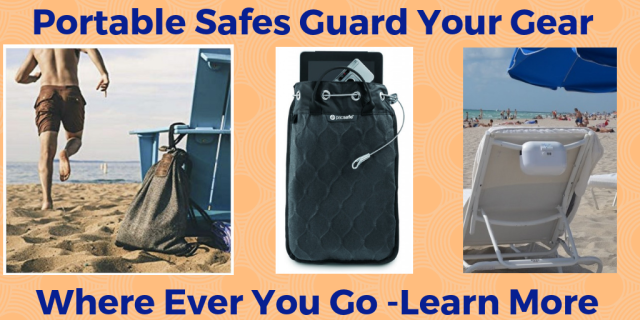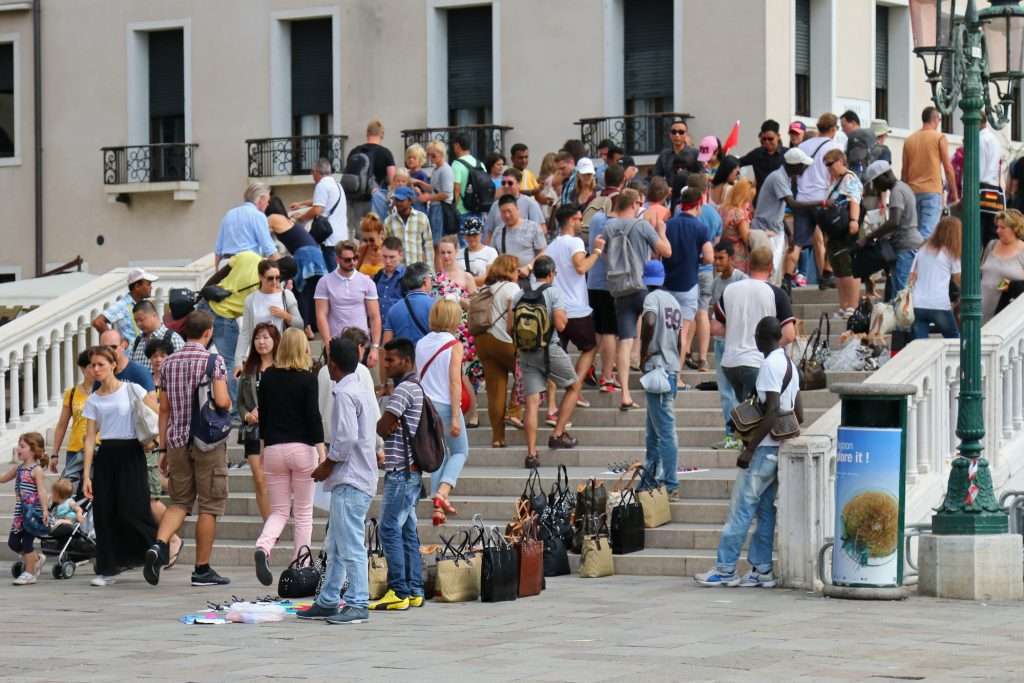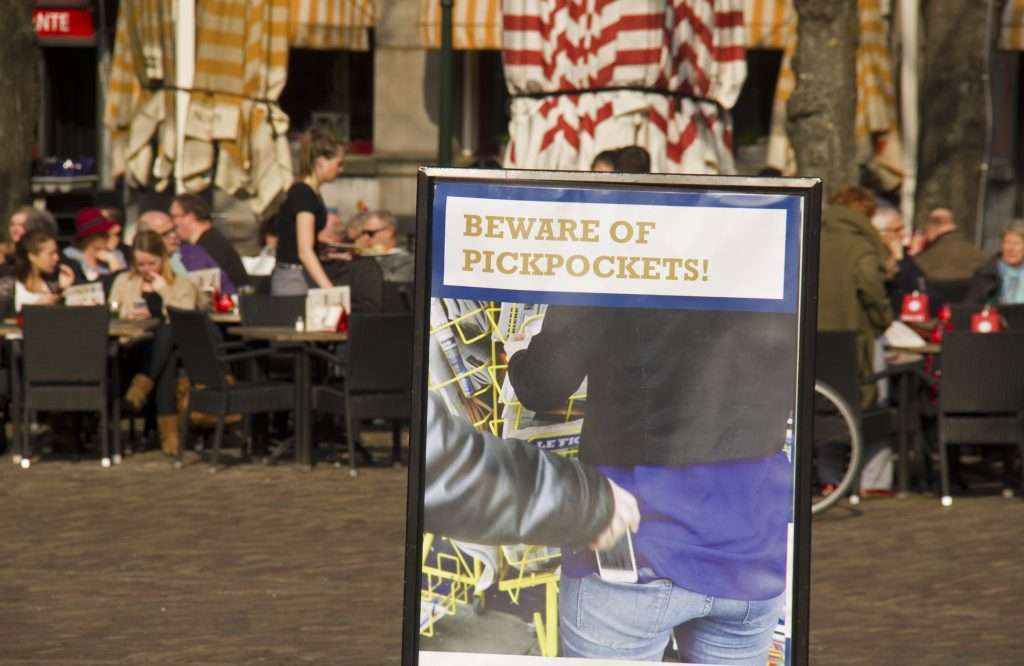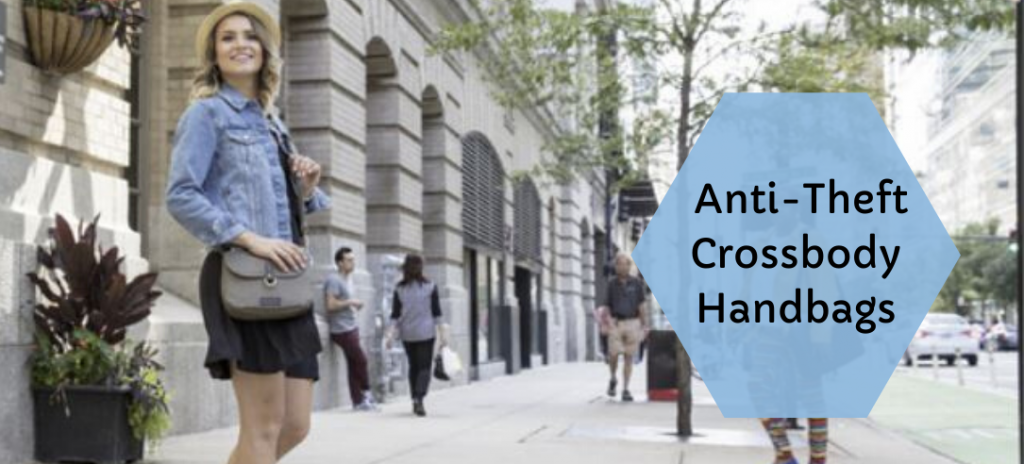Westerners visiting developing countries can often have life-changing experiences. Unfortunately, tourists can also find themselves as targets of crime or scams. These travel safety tips for visiting developing or third-world countries can help you have a safer experience.
Locals know that you have more money and valuables than they do. They also know you have less recourse if you are victimized. Consider these travel safety tips when visiting developing countries and investigate your destination before you travel.
Common Scams in Developing Countries
- Fake police. People who own a police badge and even a uniform may be crooks in disguise. Be suspicious of anybody who asks you to show them your money or passport. Ask to be taken to the nearest police station before they search you or your belongings.
- Drugged food/drinks. Don’t accept food or drinks offered to you on a bus/train/etc. They may drug you and leave you vulnerable to robbery.
- Money changers. In most countries of the world, you don’t need to look for black market rates. Sometimes you are approached by people who volunteer to change dollars at very good rates. They will show you a roll of banknotes, then switch it with another roll of worthless notes while they take your dollars.
Advice for Avoiding Scams Against Tourists
- Avoid crowds where you have to slow down. Every time you slow down while walking in a street you become an easier target.
- Be suspicious if somebody slows you down (eg, falls in front of you, his clothes get stuck in something, etc): it may be a pretext to facilitate an accomplice who is behind you.
- Be aware of who is behind you. If the same person is behind you for a few minutes, be suspicious.
- A decoy wallet may help distract the thief. The thief will target your very visible wallet, while your money is somewhere else (eg, in another pocket). Carry your passport and money in a hidden waist wallet.
- Avoid traveling with big luggage. The bigger the luggage, the more visible you are, and the harder it is for you to defend yourself, chase a thief, etc. Backpacks can be easily opened even while you are walking. Travel with an Anti-theft backpack or bag.
- Always ask for receipts at hotels when they make you pay in advance.
- Always bargain the price of a taxi before entering it, even if it has a meter. Always use taxis that are recommended and referred by the hotel you are staying in. Always be wary of taxis you hail on the street.
- In most countries of the world, it is inappropriate to approach strangers (especially women). Anybody who approaches you (no matter how big his smile) should make you a little suspicious. Keep your guard up and be careful when talking to strangers.
- Anybody who speaks English well and approaches you is suspicious by definition. I am aware of many occasions that person will turn out to be somebody who wants to make money out of you, either by being your guide or by selling you souvenirs or worse. If you refuse, they will turn nasty.
- Again, be cautious of strangers. Once they force you to behave friendly, they have the upper hand psychologically. They know that you were raised to be nice to people who are nice to you.
- In most countries of the world women never respond to strangers, not even if they like the stranger. For a foreign woman, it is never a good idea to respond to men who approach her. The appropriate behavior is cold silence and indifference. Even a “no” is viewed as beginning a conversation. A smile is the worse course of action (in some cultures means “I am saying no but I mean yes”).
Advice for Reducing Your Victim Potential
- Walk fast all the time. Every time you stop (to browse in a shop, to write a postcard, to take a picture), you become an easy target.
- Don’t wear expensive clothes/watch. Your watch might be someone’s 6-month salary.
- Try to dress as much as the natives (give the impression you “live” in the country, or at least try to blend in).
- Dress as humbly as possible.
If Robbed
- If you were robbed of something unusual happened in front or around you, don’t chase the thief, follow the person who generated the commotion: s/he is probably an accomplice. Don’t try to stop her/him until there is police nearby. If s/he is an accomplice, police will probably recognize her/him right away. Accomplices are often women and children.
If Attacked
- Use violence only if the attacker is under the influence of drugs or alcohol. Otherwise, you may be risking your life: he has obviously more experience than you.
- In most countries, theft is an accident of life and police will not even make an effort to investigate, but murder, especially of a foreigner, is a major event. From the point of view of a thief, that means that he has no interest in hurting you: if he doesn’t hurt you, he’s likely to get away with his crime, but if he hurts you the entire police force of the nation will be after him. Unless you do something really weird, most of the time a thief who is after your wallet or luggage has no interest in hurting you, they want your money or valuables.
When Driving
The below does not apply solely to Third World countries but also here domestically.
- Make sure your luggage does not show from the trunk.
- If you are lost in an unsafe neighborhood, do not show that you are lost. Do not stop, keep driving and look at the map while driving.
- Don’t rely on public telephones: if you are in a bad neighborhood, they are unlikely to be working.
- The best protection is prevention: make familiar with the topography of the city before you start driving. If you get lost, you should at least be able to guess (without asking) in which direction you have to steer.
- Get a map app on your phone.
- Have an emergency number (can be a friend or local hotel) to call for help or advice.
- Just don’t look like a tourist who is lost, helpless, and desperate. Look like somebody who lives around there and is about his business.
Additional Advice for Visiting Developing Countries
-
- Get Medical Insurance
Medical care in developing countries is not up to the standards of care you will find here in the US. If you are injured or fall ill you need an insurance policy that will evacuate you out of the country. - Do Cultural Research
Before visiting developing countries do some research about customs, traditions, and language. Include religious beliefs and if they impact women traveling alone. - Understand Personal Earning Levels
Be aware of what locals earn. Err on the side of generosity if tipping or bargaining. The money means more to them than it does to you. - Visit US Government Advisory Websites
Travel safety tips for visiting developing countries keep evolving, so start your trip by doing your research before you travel.
Visit US travel advisory website.
Enroll in the Smart traveler program - Visit a doctor specializing in travel medicine
- Get Medical Insurance
More Articles You May Like



